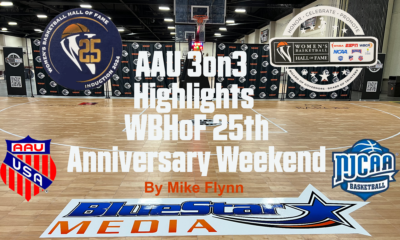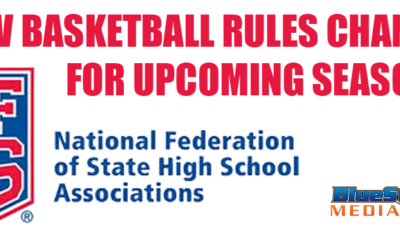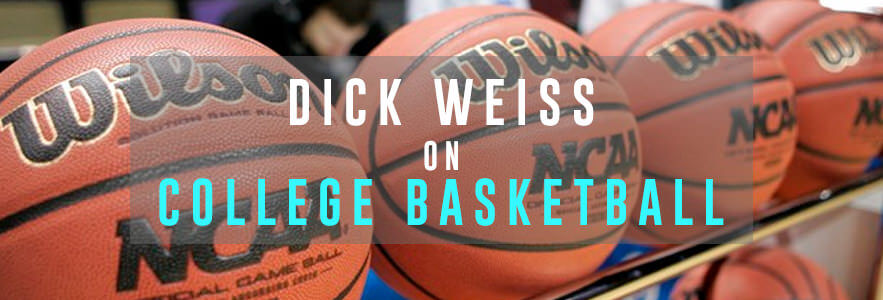Apparently the questioning NCAA executive director Mark Emmert was subjected to during the O’Bannon vs. the NCAA anti-trust case in an Oakland Federal Court was just a warm up act for the harsh grilling he received from U.S. Senators in Washington this week on the state of big-time athletics.
According to the a insightful story in the Chronicle of Higher Education– which has now become a must read for anyone interested in the business of college sports– Emmett had to respond from questions from several members of the U.S. Senate commerce committee, who have become dissatisfied with the NCAA’s noticeable inability to protect athletes from concussion and other injuries and had questions about why colleges had provided players with due process protections better scholarships, more time off from their sport and improved health coverage.
Sen. Jay Rockefeller, a Democrat from West Virginia and the committee’s chair, fired an opening salvo at the hearing by describing how money and power had corrupted big-time college sports, rewarding coaches and top athletic administrators with lucrative pay packages while leaving some players with a meaningless education.
“Athletics are meant to serve schools and their public duty to educate students,” Mr. Rockefeller said, “not the other way around.”
Senators, according to the Chronicle, grilled Emmert over findings from a survey, led by one of the committee’s members Sen. Claire McCaskill, a Democrat from Missouri, showing that more than 20 percent of major universities allow their athletics departments to investigate sexual-assault cases involving athletes. This is eggregrious and needs to be changed immediately.
Emmert claimed he had just learned of the survey report and would look into it.
Emmert, who has been lobbying for a reform package in recent days, basically agreed that time demands on athletes are “far too great” and said he would like to see colleges provide “scholarships for life” and better health benefits. “No one should have to pay for an injury they suffered while they were a student-athlete,” he said.
But he deflected much of the criticism of college sports, repeating that same manta he used in Oakland when the testified that the vast majority of NCAA athletes are better students than are their non athletes and that research shows that players often get better jobs and make more money than other students. He also pointed to coming changes in the NCAA’s highest division that are expected to give the wealthiest conferences more opportunities to help athletes.
Emmert remained calm during the interogation and emphasized it is not his job to come up with NCAA policies and rules. That, he said, is largely the responsibility of college presidents. Sen. Rockefeller, a longtime supporter of college sports, said he would like to subpoena college presidents in to testify, reminding Emmert that it is the commerce committee’s job to oversee sports.
“We have the ability to subpoena. We have a special investigative unit,” he said. “We are very into this subject.”
It is about time Congress took a longer look college sports, which are much more than just games for the highest recourse schools, who see them strictly as a business at the highest level with universities receiving all of the profits and athletes essentially serving as slave labor in the process.
The NCAA is under siege from all sides these days and change is inevitable including the possibility that congress could essentially oversee the changing landscape of college athletics in a last resort if Emmert and his academic types cannot do the job. Calling specific Division I college presidents on the executive council to testify would be a much needed worth while step.
Sen. Rockefeller didn’t pull any punches in his questioning, suggesting that he had become more of a skeptic than a supporter. He asked Emmert to justify an email uncovered in a concussion lawsuit in which an NCAA official said it was not the association’s responsibility to protect athletes. “It was a terrible choice of words created by legal counsel to make a legal argument,” Emmert admitted.
Two other senators took turns castigating Emmert about the effectiveness of his at times seemingly dysfunctional organization.
Sen. Dean Heller, a Republican from Nevada, asked Emmert to justify the work of the association, saying that, if someone introduced a bill to disband the NCAA, give me the reasons why I shouldn’t vote for that bill.”
Sen. McCaskill, who has been investigating campus sexual-assault responses, asked Mr. Emmert about his authority. “I can’t tell whether you are in charge or whether you’re a minion,” she said.
She also questioned the role of the association. “If you’re just a monetary pass-through, why should you exist?” she asked.
Sen. Corey Booker, a Democrat from Jersey who played football at Stanford, also chimed in, describing how many athletes come from poor families that rely on them to share a portion of their scholarship money, and expressed concern that the demands on players’ time prevent them from taking outside jobs. Too many players leave school without degrees, he said. Too many lack the basic necessities, including adequate food and spending money. And far too many players lead one-dimensional lives.
“They’re putting in upwards of 60 to 70 hours a week,” he said. “That’s exploitation of athletes.”
Dick Weiss is a sportswriter and columnist who has covered college football and college and professional basketball for the Philadelphia Daily News and the New York Daily News. He has received the Curt Gowdy Award from the Naismith Basketball Hall of Fame and is a member of the national Sportswriters Hall of Fame. He has also co-written several books with Rick Pitino, John Calipari, Dick Vitale and authored a tribute book on Duke coach Mike Krzyzewski.

Latest Articles
-


Basketball
/ 2 days agoAAU 3on3 Highlights WBHoF 25th Anniversary Weekend
KNOXVILLE – The 25th anniversary weekend celebration of the Women’s Basketball Hall of Fame...
By Mike Flynn -


Christopher Lawlor
/ 6 days agoGONE PRO: Blue Star Media Elite 25 football rankings’ regulars Bishop Gorman (NV) and IMG Academy (FL) lead 2024 NFL Draft with three selections apiece
BENSALEM, Pa. – One of the greatest three day stretches annually in professional sports...
-


Basketball
/ 7 days agoREVISIONS: National Federation of State High School Associations announce rule changes for upcoming season; flopping will incur a technical foul
BENSALEM, Pa. – Floppers, beware, you will be warned once before being issued a...
-


Christopher Lawlor
/ 4 weeks agoUSA sweeps World Team at Nike Hoops Summit; Flagg propels men’s team with 19 points while women’s team launches fourth quarter onslaught to complete rally
PORTLAND, Oregon – Call it sweet sweep for the Americans at the Nike Hoops...



